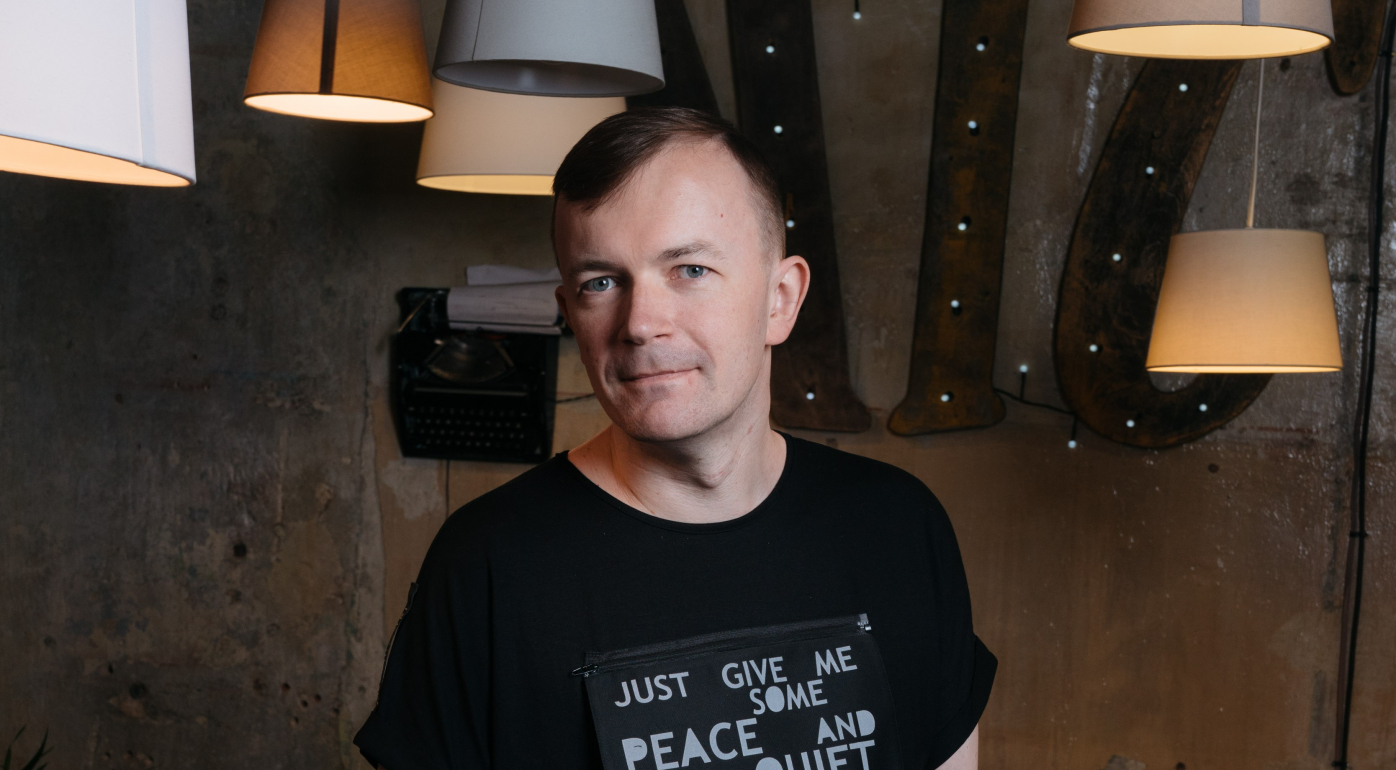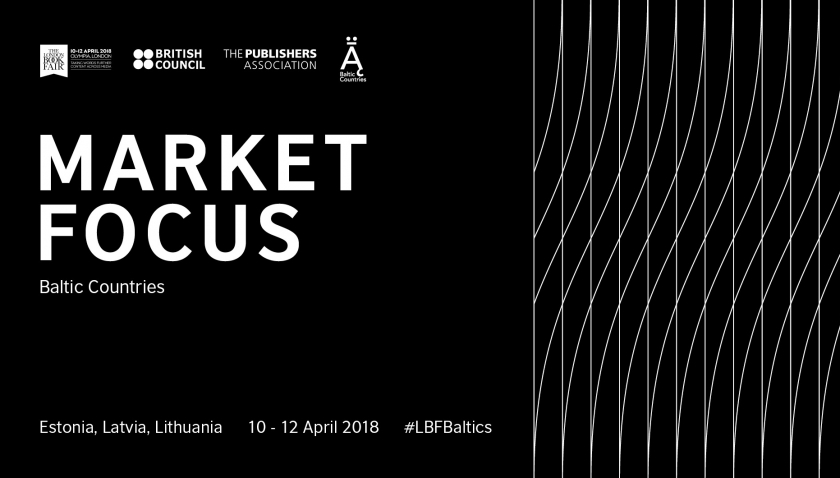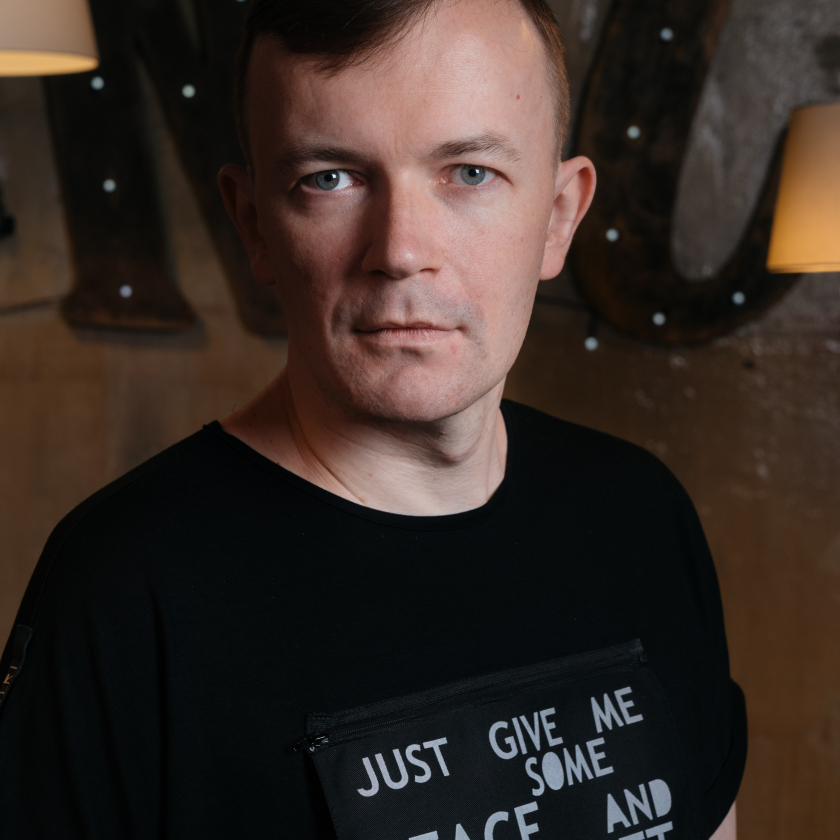Tell us about your writing and your literary background. What inspired you to become a writer?
I loved to read books when I was a child and I also used to write poems. I guess nothing much has changed since then.
What are the hardest and easiest parts of being a writer?
Being a poet, I depend on my inspiration. When inspiration comes, I write a poem. If it doesn’t come, there is no poem. Sometimes it’s hard to wait for inspiration but, on the other hand, when it comes, everything goes smoothly. This feels like a little reward for the hardship.
What is exciting about Estonian / Latvian / Lithuanian literature at the moment?
Writers of different generations are telling their stories more and more convincingly, I think. The history of our region is still a very important subject in Baltic literature, and in Latvia we have had a series of historical novels recently published. The Baltic States, and much of Eastern and Central Europe, is usually seen as a region where wars, occupations and other disasters have taken place. The question is: should we always utilise our terrible history? Can other themes be interesting for foreign readers?
The Market Focus programme is an opportunity to work internationally and make connections with readers and writers form overseas. What interests and excites you most about this?
When I go to English literary festivals I love to sneak in other events. I enjoy watching and listening to English writers, and I hope I’ll have an opportunity to do this again at the London Book Fair.
What other Estonian / Latvian / Lithuanian writer would you recommend? (And can you think of a UK writer to compare them to?)
In prose, Lithuanian author Kristina Sabaliauskaitė or Estonian author, Andrus Kivirähk, are names which first come to mind. In poetry, there are several great Latvian authors of my generation I would definitely recommend, probably the anthology Six Latvian Poets (Arc Publications, 2011) would be a good start.
Regardless of country of origin, what’s the greatest book you’ve ever read, and why? (If there is one!)
For me, Alice's Adventures in Wonderland by Lewis Carroll was the most important book of my childhood. My brother and l know so much of the book by heart, and even used phrases from that book to talk to our parents. This book taught me that this world doesn’t actually make much sense. Also, I feel like the Mad Hatter’s tea-party is the ideal state of mind (I don’t speak of being intoxicated or anything), and sometimes in a good company I have the feeling that I’m taking part in it.
What kind of person would you describe as a true poet?
My parents. They don’t actually write poems, however, their behaviour often makes me think of how poets behave.
Your poem ‘Come to Me’ – which was listed by the Southbank Centre as one of 50 Greatest Love Poems of the Last 50 Years – was inspired by a bar called “I love you” in Riga. When was the last time you visited it?
A couple years ago, when I was in Riga with some friends. The problem is that we went to a couple of bars beforehand, so my memory is a bit blurry! I really hope I didn’t ask for a free cheese sandwich…


